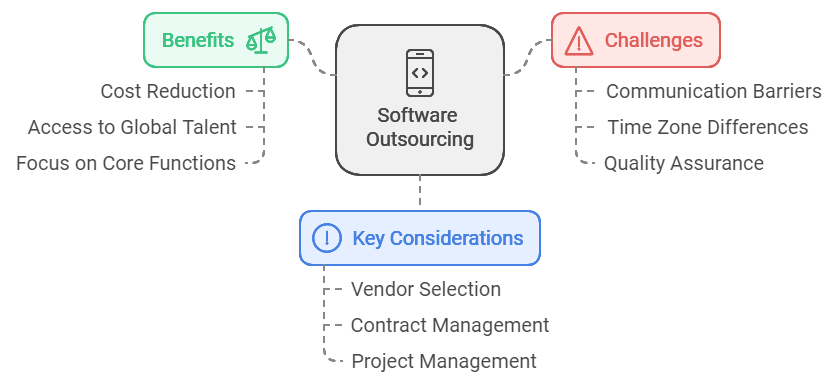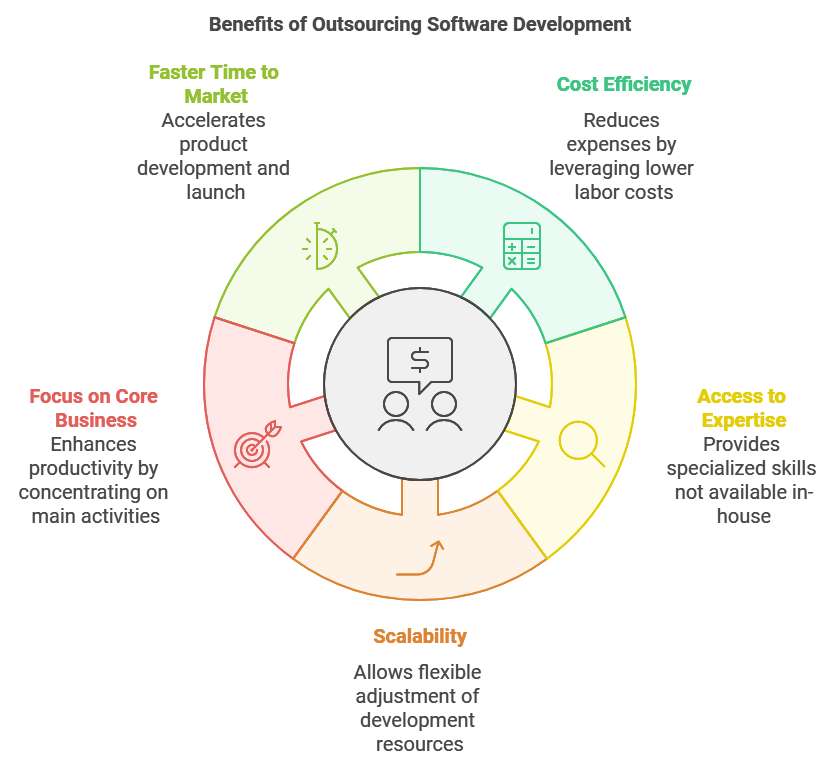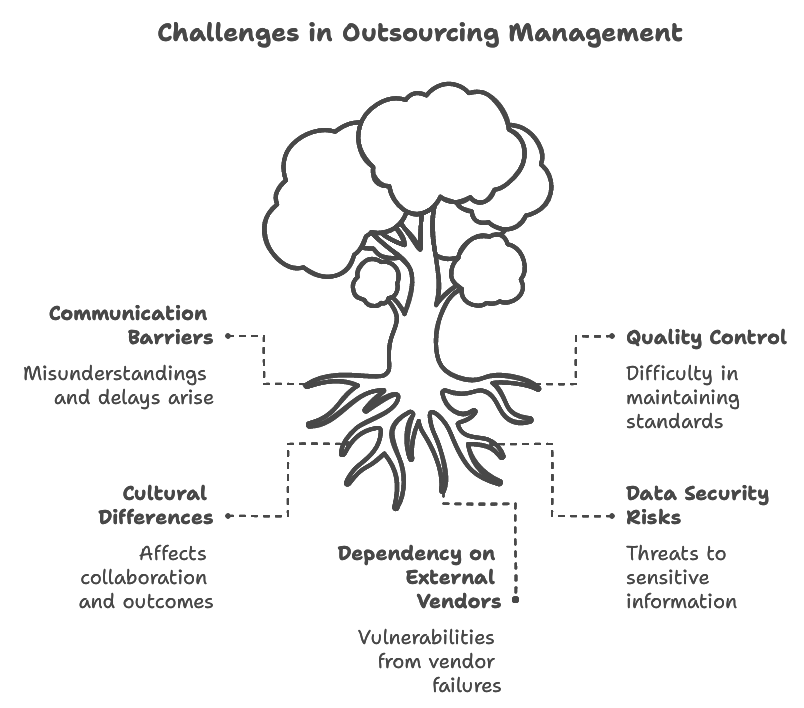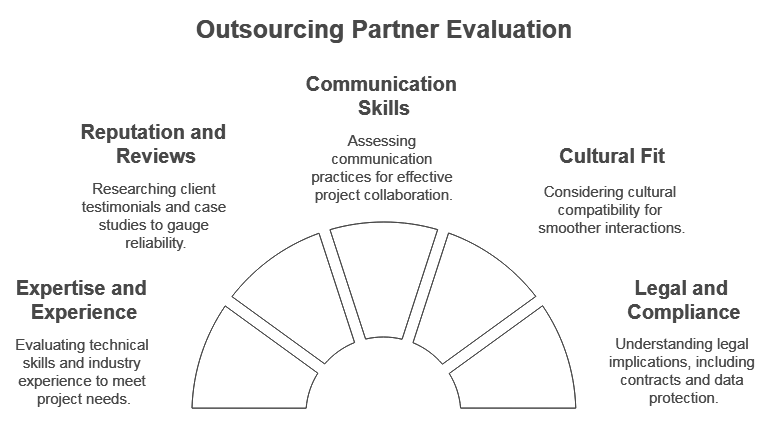Software Outsourcing Companies
In today's globalized economy, software outsourcing has become a strategic approach for businesses seeking to enhance efficiency, reduce costs, and access specialized expertise. This document explores the landscape of software outsourcing companies, highlighting their benefits, challenges, and key considerations for businesses looking to partner with these firms.
Understanding Software Outsourcing
Software outsourcing involves delegating software development tasks to external companies, often located in different countries. This practice allows organizations to leverage global talent, reduce operational costs, and focus on core business functions while ensuring high-quality software solutions.

Benefits of Software Outsourcing
-
Cost Efficiency: Outsourcing can significantly lower development costs, especially when partnering with companies in regions with lower labor costs.
-
Access to Expertise: Many outsourcing firms specialize in specific technologies or industries, providing access to skilled professionals that may not be available in-house.
-
Scalability: Outsourcing allows businesses to quickly scale their development efforts up or down based on project requirements without the long-term commitment of hiring full-time staff.
-
Focus on Core Business: By outsourcing software development, companies can concentrate on their primary business activities, enhancing overall productivity.
-
Faster Time to Market: With a dedicated team working on software projects, companies can accelerate development timelines and bring products to market more quickly.

Challenges of Software Outsourcing
-
Communication Barriers: Time zone differences and language barriers can lead to misunderstandings and delays in project delivery.
-
Quality Control: Ensuring that the outsourced work meets the company's quality standards can be challenging, requiring effective management and oversight.
-
Cultural Differences: Different work cultures and practices can affect collaboration and project outcomes.
-
Data Security Risks: Sharing sensitive information with external partners raises concerns about data security and intellectual property protection.
-
Dependency on External Vendors: Relying on third-party companies can create vulnerabilities if the vendor fails to deliver or goes out of business.

Key Considerations When Choosing an Outsourcing Partner
-
Expertise and Experience: Evaluate the technical skills and industry experience of the outsourcing company to ensure they align with your project needs.
-
Reputation and Reviews: Research the company's reputation through client testimonials, case studies, and online reviews to gauge their reliability.
-
Communication Skills: Assess the company's communication practices to ensure effective collaboration throughout the project.
-
Cultural Fit: Consider the cultural compatibility between your organization and the outsourcing partner to facilitate smoother interactions.
-
Legal and Compliance Issues: Understand the legal implications of outsourcing, including contracts, data protection laws, and intellectual property rights.

Conclusion
Software outsourcing companies play a vital role in helping businesses achieve their development goals while navigating the complexities of the modern tech landscape. By understanding the benefits and challenges associated with outsourcing, and by carefully selecting the right partner, organizations can harness the power of global talent to drive innovation and success.

You must be logged in to post a comment.